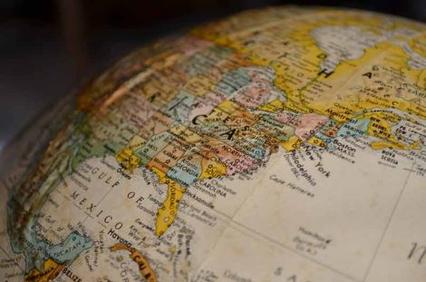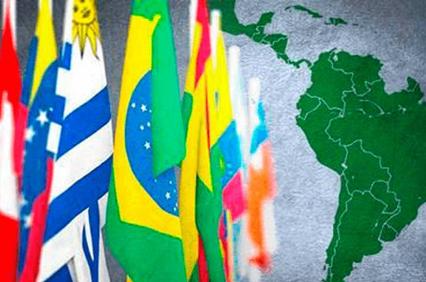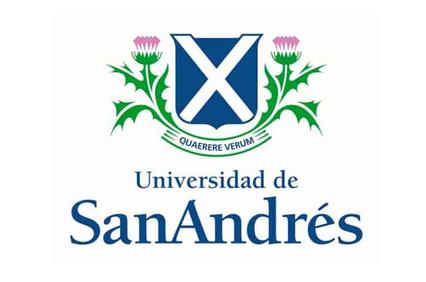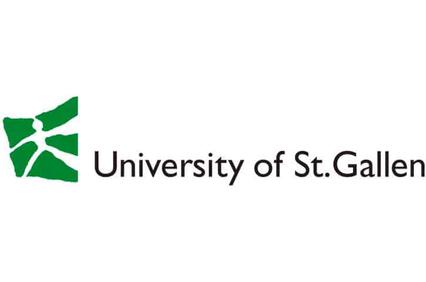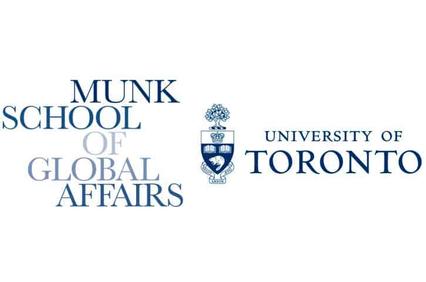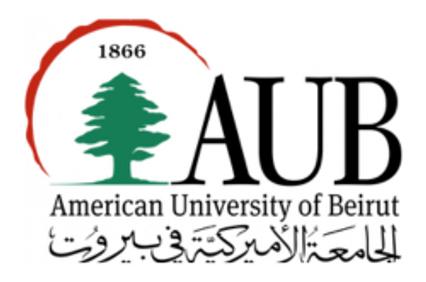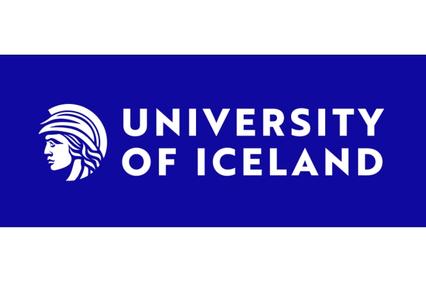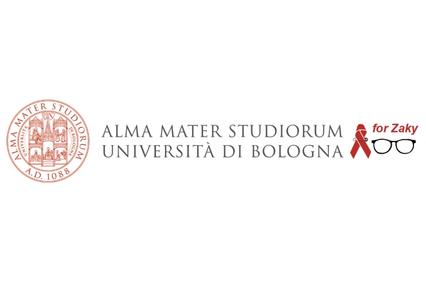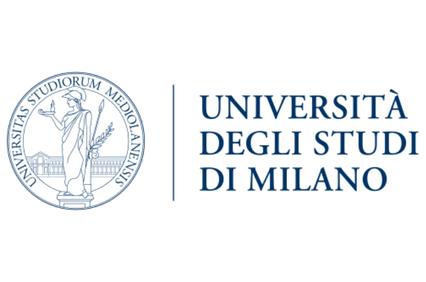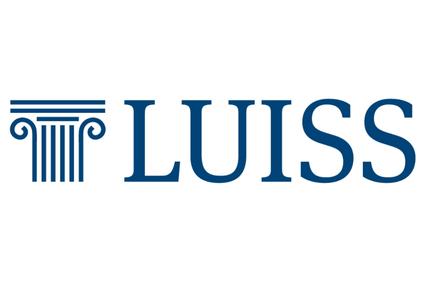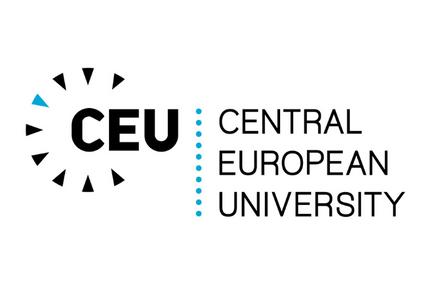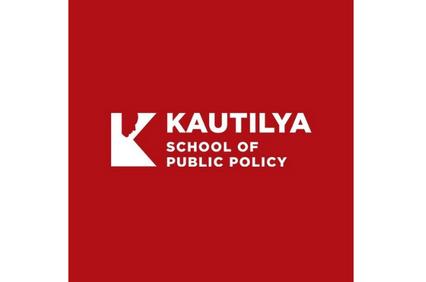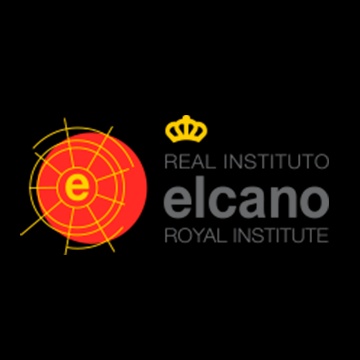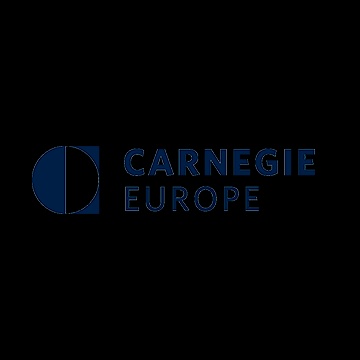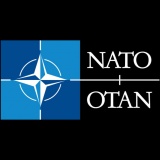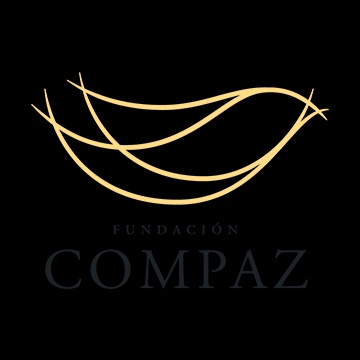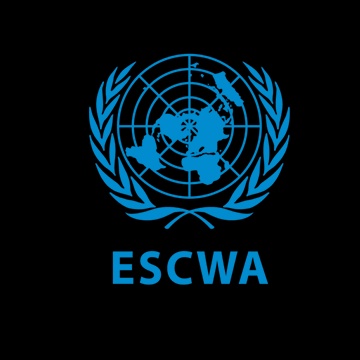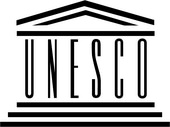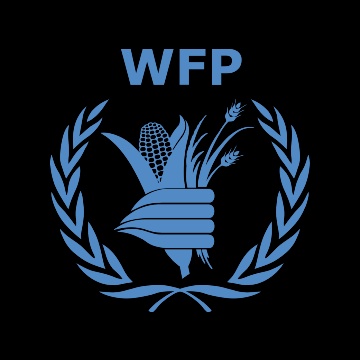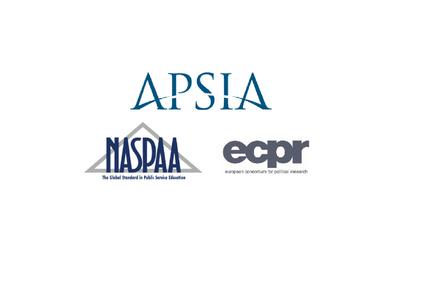
Master in International Relations
Master in International Relations
A UNIQUE PROGRAM
A UNIQUE PROGRAM
The Master in International Relations is designed to fit each student’s individual preferred area of study and is built around four core pillars—Management and Analytical Skills, Geopolitics and Diplomacy, International Economics and Business, and Global Governance and International Cooperation. Moreover, the program also allows you to select one of three specializations:
- Geopolitics and Diplomacy
- International Economics and Business
- Global Governance and International Cooperation
FOCUS ON THE REGION THAT MOST INTERESTS YOU
The Master in International Relations allows you to personalize your learning experience even further, giving you a deeper understanding of a particular region. In addition to your selected specialization track, you’ll have the opportunity to select a specific region to explore its culture, history and role in international relations. You can choose from:
- China and East Asia
- Europe and North America
- Africa
- The Middle East and North Africa
- Latin America
This dual approach ensures you are well-versed in your chosen field while also grasping the unique cultural and geopolitical nuances of your selected region.

Want to know more?
EXPLORE THE MASTER IN INTERNATIONAL RELATIONS PROGRAM
EXPLORE THE MASTER IN INTERNATIONAL RELATIONS PROGRAM
- PRE-PROGRAM
- TERMS10 months
- Final project
- ADD-ONS
- DUAL DEGREES WITH PARTNER UNIVERSITIES
- 1ST TERMSEPTEMBER – DECEMBER
- 2ND TERMJANUARY - APRIL
- 3RD TERM3 MONTHS
- BRUSSELS AND BEYOND
- CERTIFICATE ON FOUNDATIONS OF SUSTAINABILITY
- SPECIAL MENTION IN MASTER´S DIPLOMA
- PERSONAL & CAREER DEVELOPMENT
- Exchanges
- DUAL DEGREE WITH HERTIE
- PRE-PROGRAM
- TERMS10 months
- Final project
- ADD-ONS
- DUAL DEGREES WITH PARTNER UNIVERSITIES
*Please note that our program content is continually updated to remain in sync with market demands. Therefore, we advise you that the content is subject to change and it can be dependent on student demand.
Learn more about the three specialization options:
Learn more about the three specialization options:
GEOPOLITICS AND DIPLOMACY
This specialization focuses on the skills and knowledge you’ll need to work with confidence in the geopolitical and diplomatic arena. Familiarize yourself with the current global security outlook and challenges, explore international negotiation techniques and foreign policy tools, and look at modern conflict-resolution methods. You’ll also analyze how foreign policy works and how inter-state relations are affected by global trends.
INTERNATIONAL ECONOMICS AND BUSINESS
In this specialization, you will deep dive into international trade, finance and global markets. Contemporary economic themes, investment theory, policy-making, and the impact of digitalization on the global economy and global supply chains will all feature. You’ll also examine the international institutional frameworks within which global economic policies are constructed and implemented and businesses operate.
GLOBAL GOVERNANCE AND INTERNATIONAL COOPERATION
This specialization focuses on international organizations and cooperation, human rights and sustainability. Subject areas will center on collaborative efforts, examining a range of partnership models including inter-governmental and public-private partnerships. It will also examine the impact of technological development on international cooperation, and recent developments in global governance arrangements. The UN’s 2030 Agenda and the SDGs are a key focus of this specialization.
ONE-WEEK FIELDTRIP TO BRUSSELS
ONE-WEEK FIELDTRIP TO BRUSSELS
In between the second and third terms, you’ll take a fieldwork trip to Brussels, where you’ll visit and learn from regional and global players in the space of international relations. Our partners in these trips include the European Commission, the European Parliament and NATO, as well as private-sector and civil-society organizations.
This week-long trip also includes visits to European institutions, think tanks, companies and international organizations such as NATO, among others*. These are outstanding opportunities to come face to face with these institutions’ world-shaping work.
* Visits to organizations may vary from one year to another.
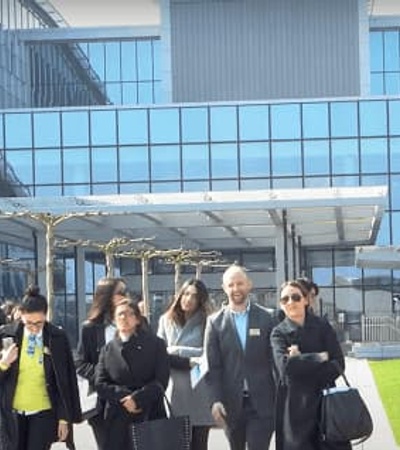
Watch the experience
WANT TO HEAR MORE ABOUT PAST STUDENTS EXPERIENCES IN BRUSSELS?
WANT TO HEAR MORE ABOUT PAST STUDENTS EXPERIENCES IN BRUSSELS?
- 1Optional extra semester abroad
- 14Partner universities
- 25%of MIR students do an exchange program
PARTNER UNIVERSITIES FOR THE EXCHANGES
PARTNER UNIVERSITIES FOR THE EXCHANGES
You can personalize your program by spending an additional semester at one of our partner universities worldwide, following the third and final semester in Madrid. Our agreements with these institutions offer you the chance to gain international experience and expand your learning at some of the world's top universities.
NOTE: Spots are limited in all exchange programs. Upon acceptance into an exchange program, there is a fee for reserving your place, but tuition at the partner institution is free of charge. You'll only need to cover your living expenses while there.
SCIENCES PO
UNIVERSITY OF PITTSBURGH
UNIVERSIDAD DE SAN ANDRÉS
UNIVERSITY OF ST. GALLEN
UNIVERSITY OF TORONTO, MUNK SCHOOL OF GLOBAL AFFAIRS
AMERICAN UNIVERSITY OF BEIRUT
UNIVERSITY OF ICELAND
TECHNICAL UNIVERSITY OF MUNICH
UNIVERSITY OF BOLOGNA (ITALY)
UNIVERSITY OF MILAN
LUISS, ROMA
Central European University (CEU)
Kautilya School of Public Policy
Hochschule für Politik München / Bavarian School of Public Policy
CAPSTONE PARTNERS
CAPSTONE PARTNERS
For their final project, students of the Master in International Relations can choose between an individual, research-oriented thesis or a practical team-based Capstone Consulting Project. Underneath you can find capstone partners for the Master in International Relations.
NOTE: The partners listed here are from previous intakes. Partnering institutions may vary from year to year.
OUR PARTNERSHIPS AND MEMBERSHIPS
OUR PARTNERSHIPS AND MEMBERSHIPS
The Master in International Relations also closely collaborates with many other partner institutions. Thanks to these collaborations, you’ll benefit from enhanced courses, capstone project opportunities and electives, alongside career-enhancing internship opportunities. Furthermore, thanks to the increasing recognition of our outstanding faculty, IE University is now a full member of the most prestigious organizations and networks in its academic space: the Association of Professional Schools of International Affairs (APSIA), the Network of Schools of Public Policy, Affairs and Administration (NASPAA), the European Consortium for Political Research (ECPR).
Frequently Asked Questions
Frequently Asked Questions
Is international relations a good career?
The Master in International Relations has been carefully curated to lead you to a rewarding career in which you can make a lasting impact in a variety of roles and sectors. The program opens the door to a myriad of possibilities.
How much does an international relations major earn?
92% of all International Relations graduates received a job offer in a wide range of roles and sectors within three months of graduation. Salaries vary depending on the area, from the public & institutional sector and intergovernmental organizations to NGOs, think tanks and lobbying firms.
How do I prepare for a masters in international relations?
As a top school for international relations programs, IE University requires online assessments, placement exams and in-person or virtual meetings to assess candidates. Make sure you have your forms ready and feel comfortable with answering questions about your professional skills and background. The final decision comes after a personal interview.
What classes should I take for international relations?
International Relations students at IE University choose one of four focus areas. These include Management and Analytical Skills, Geopolitics and Diplomacy, International Economics and Business, and Global Governance and International Cooperation. Students also designate a geographic specialization to accompany their studies.
How long is a masters in international relations?
Instructed in English, the IE Master in International Relations is a 10-month, in-person program based in Madrid with a one-week trip to Brussels with the option of an additional semester abroad. Students experience hands-on learning in leading organizations, making it one of the best master’s in international relations available
